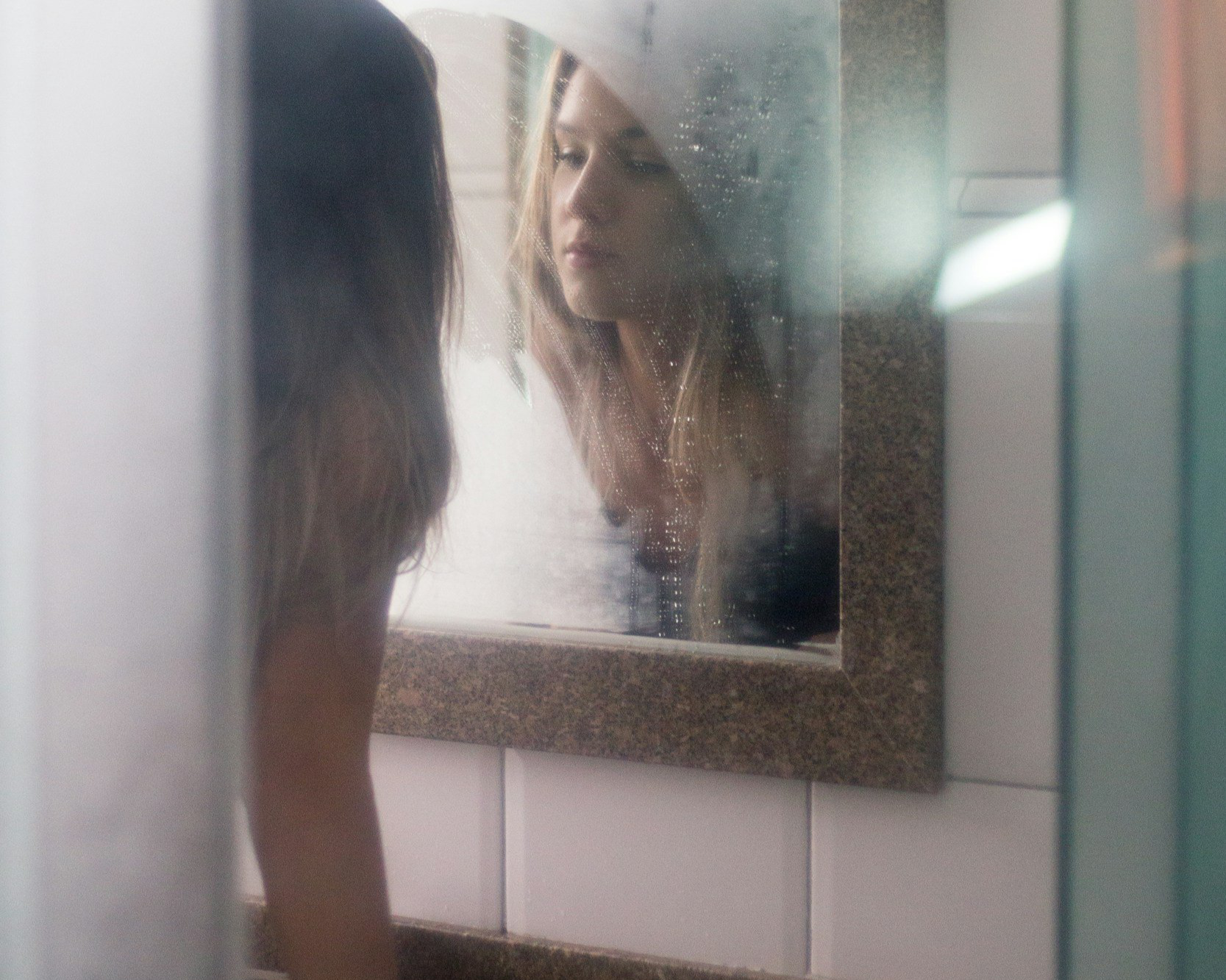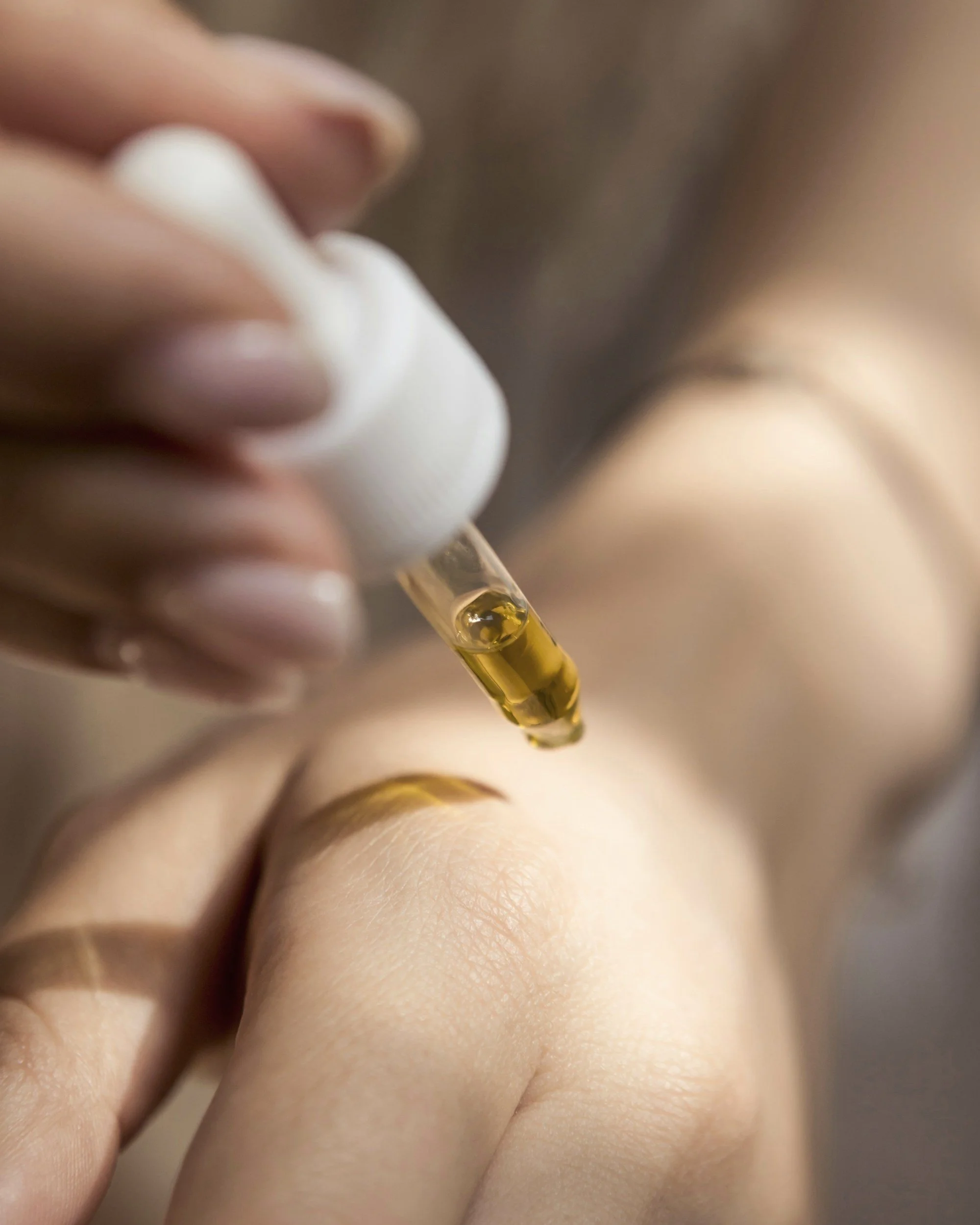Acne, Rewritten: A Smarter Way to Care for Breakout-Prone Skin
We’ve been taught to go to war with acne. Scrub it. Dry it. Attack it with actives until it gives up.
But here’s what no one tells you: skin that’s breaking out is already in distress. And the more aggressive you get, the more you reinforce the very cycle you’re trying to escape.
I’ve seen it on my own skin. I’ve seen it in the treatment room. And I’ve learned this truth: acne needs intelligence, not intensity.
The Old Way: Harsh, Reactive, Overcompensating
Most traditional acne routines are built on fear. Fear of oil. Fear of texture. Fear of letting your skin just be.
So we reach for:
Foaming cleansers that strip the barrier
Spot treatments that burn
Overlapping actives without proper support
Weekly “purging” masks that leave skin raw
We assume more equals better. But over time, this approach trains your skin to be even more reactive.
The New Way: Gentle. Aligned. Intelligent.
Here’s how I approach acne-prone skin now, and what I teach clients who’ve been stuck in the clear-breakout-repeat cycle.
1. Prioritize the barrier, always.
No product will work long-term if your barrier is compromised. Moisture balance and pH matter more than your exfoliant percentage.
2. Respect your skin’s timeline.
Healing isn’t linear. Acne is a symptom, not a flaw. Your job isn’t to erase it overnight; it’s to support your system while it recalibrates.
3. Use actives strategically, not constantly.
Yes, ingredients like benzoyl peroxide or salicylic acid can help. But they’re tools, not crutches. I pair them with barrier-supportive routines, not as the whole plan.
4. Zoom out to root causes.
Gut health, nervous system regulation, cycle syncing, and blood sugar stability all matter. You can’t fix internal chaos with a topical routine alone.
This Isn’t About Being “Clean” It’s About Being Conscious
Caring for acne-prone skin in this way isn’t just gentler, it’s smarter. It’s rooted in biology, not just branding. It considers the whole person, not just the breakout.
It’s also a relief. Because when you stop fighting your skin, you can finally start supporting it. You get to feel grounded instead of grasping.
You get to glow on your own terms.


